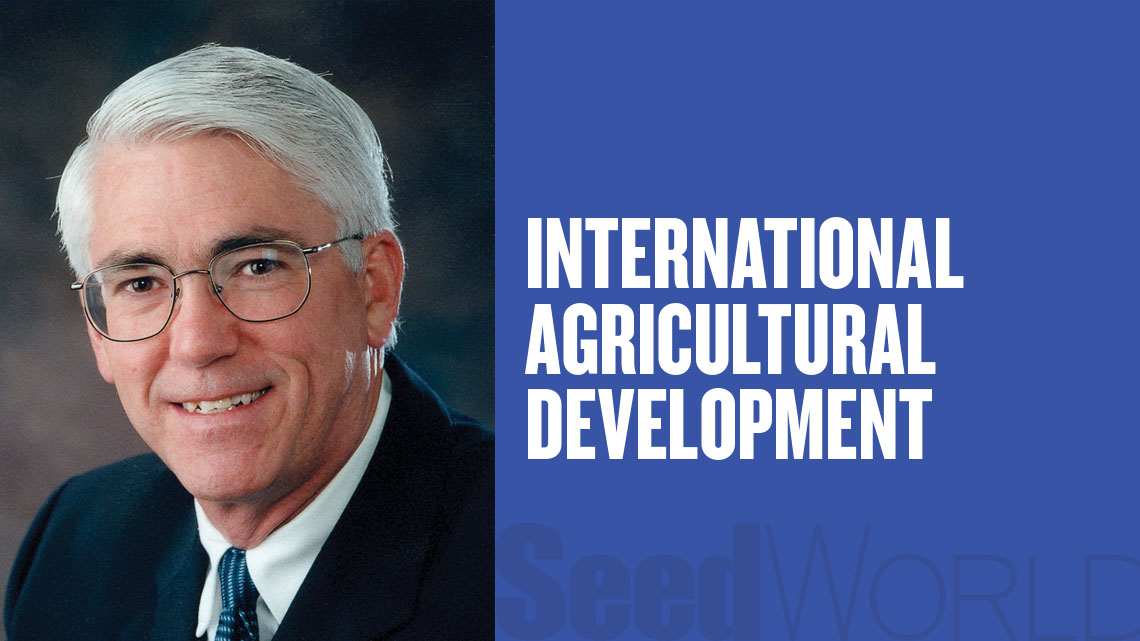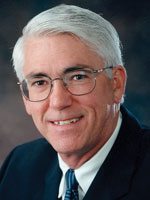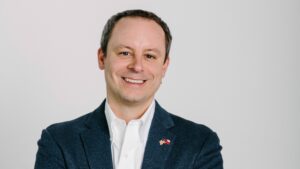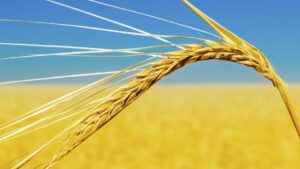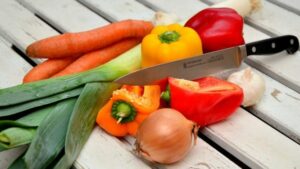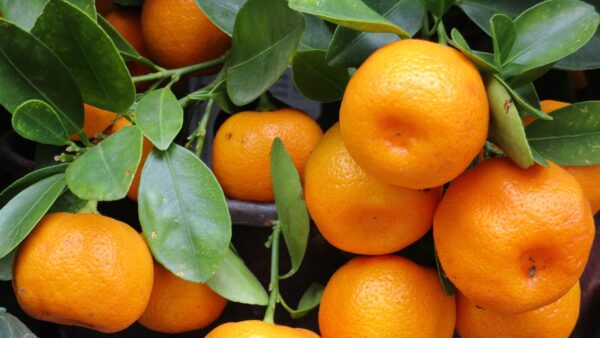Dennis Thompson highlights the value of Seed Programs International and shares some insight as to what makes this program successful.
is dedicated to delivering solutions and empowering people and organizations to solve complex problems related to international agricultural development and global food security. His career experience and international credentials include extension education, agronomy and administration.
In Mongolia, Seed Programs International (SPI) supplied seed, and a Peace Corps in-country partner provided farmers training on production practices and market promotion. These farmers even tried television advertising and sold produce from roadside venues near densely populated areas. They touted having “uncommon” vegetables in addition to local staples. In their first year, participating farmers witnessed a five-fold increase in revenue.
Based out of Asheville, North Carolina, SPI works in Syria, Liberia, the Central African Republic and more than 20 other countries to stave off acute and chronic hunger. Their vehicle: high quality vegetable seed distributed through a network of partners.
Building resilience has become their No. 1 job in aid driven crisis management work, according to Peter Marks, SPI president and CEO.
“SPI helps position people to better control their own seed supply and begin a process for taking control of their own food,” says Jim Schweigert, SPI board chairman and CEO of Gro Alliance. Schweigert of Cuba City, Wisconsin, was first introduced to the vegetable seed industry through leadership activities with the American Seed Trade Association.
He promotes enterprise development focused food aid initiatives that avoid disrupting the commercial seed sector. Schweigert encourages seed recipients first to feed their families with bountiful fresh vegetable harvests, then to sell surplus vegetables to generate cash income for further sustenance.
A record 49 outbound SPI seed shipments, comprised of more than 400,000 seed packets, were made in 2014. Recipients planted 30,000 family vegetable gardens and produced 4 million pounds of highly nutritious food. Schweigert expects an increase in requests for assistance and an accompanying increase in partner donations. Donations in the form of seed, money or collaboration are welcomed.
New Purpose for Unfit Seeds
Tom Tolman owns and operates Condor Seed Production in Yuma, Arizona. He is known for his proprietary varieties of red tropical onion and okra. Tolman has long been a seed donor to SPI and
attributes much of SPI’s success to its solid reputation for consistently delivering quality seed.
Each year, a certain amount of vegetable seed is not well-suited for commerce. The law of supply and demand is ever present. Marketing lineups periodically replace varieties with new or improved offerings. Or, some seed might not meet practical requirements of certain large-scale production and marketing systems, according to Tolman. Yet, it’s still quality seed.
Commercial producers might reject seed sizes that are either too large or too small dependent upon mechanical planter limitations. In the event a longstanding hybrid’s maturity shifts three to four days, farmers might find the modified harvest period out of synch with labor availability or pricing opportunities. Slight, but important, vegetable shape changes might in time occur in progeny. An onion variety might become less desirable should it begin producing flatter topped onions when the market pays more for those being round topped, Tolman says.
High quality seed such as described becomes excellent candidate material for a tax-advantaged donation to non-profit seed aid and development organizations, such as SPI.
Horticulturist Dave Bender is SPI’s match maker. His experience has equipped him with a wide range of practical and valuable information. He matches consumer vegetable preference and variety specific environmental requirements to aid and development project goals.
“We just received a lot of hybrid cabbage seed from a donor with 10 percent off types heading one to two weeks later,” Marks says. “Something that is useless in commerce is lifesaving in hunger relief work.”
Robert Kabalebe, from the Rwenzori Region of Uganda, is a 35-year-old care giver to seven at-risk children. “When I received the seeds, I decided to wait for the dry season when there is a scarcity of tomatoes,” Kabalebe says. “I planted in June and so far the tomatoes have come up well”. From the tomato revenue he plans to buy a heifer calf. When that heifer matures and freshens, more milk will become available for home consumption or sale to better support the household.


